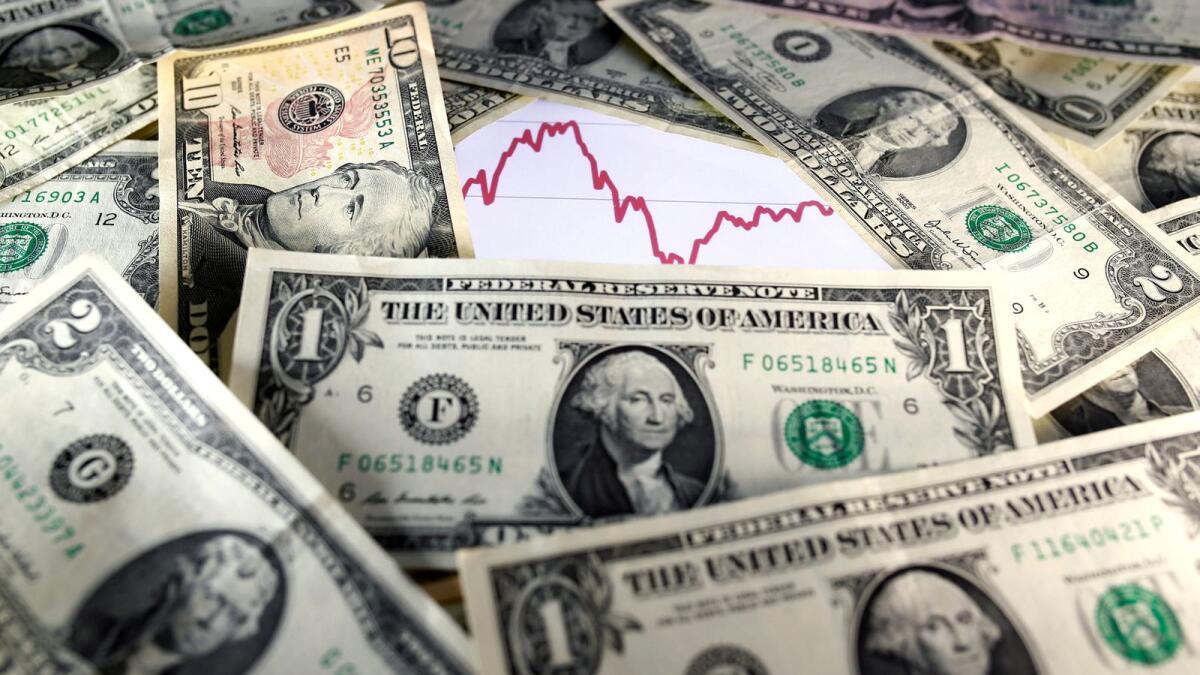
New Sharia Standard Could Disrupt Sukuk Market: S&P
According to analysts at S&P, the Accounting and Auditing Organization for Islamic Financial Institutions' Sharia Standard 62 could reduce issuance volumes over the medium term if it materially alters the nature and risk characteristics of sukuk instruments.
"The standard will transition the industry toward asset-backed sukuk by requiring the real transfer of underlying assets to investors," said Mohamed Damak, global head of Islamic finance at S&P Global Ratings.
Total sukuk issuance reached $91.9 billion at midyear 2024, which is a similar performance to last year but with a substantial upward trend in foreign currency-denominated issuances.
"We maintain our 2024 global sukuk issuance forecast of $160 billion-$170 billion, including foreign currency-denominated issuance of $45 billion-$50 billion," said Damak.
Total issuance reached $91.9 billion over the first six months of this year, up slightly from last year's $91.3 billion. But a notable difference is the 23.8 per cent increase in foreign currency issuances, which reached $32.7 billion by June 30, 2024, up from $26.4 billion a year earlier.
The main contributors to this increase were issuers from Saudi Arabia, the UAE, Oman, Malaysia, and Kuwait. Improved visibility on the medium-term trajectory of interest rates has benefited foreign currency-denominated sukuk issuance--we expect the US Federal Reserve to start cutting rates in December 2024.
Damak said high financing needs in core Islamic finance countries explain the increased issuance, notably funding an ongoing economic transformation program in Saudi Arabia and strong growth in the UAE's non-oil economy. Adopting AAOIFI's Standard 62 guidelines--as they have been presented--could disrupt the market. This will not affect 2024 issuance but will likely be a consideration from next year, S&P analysts said.
"Geopolitical risk has not yet dragged on issuance but could pose some downside risk, though, under our base-case scenario, we do not expect significant disruption," he added.
S&P said the new standard would transition the industry toward asset-backed sukuk by requiring the real transfer of underlying assets to investors.“However, it is difficult to anticipate the appetite for such instruments from both investors and issuers, as well as the legality of moving assets off their balance sheets, given the current market structure. This could lead to further market fragmentation or worse, issuance could be put on hold until sukuk structure figure out a middle ground,” analysts said in their report.
A more conservative interpretation of Sharia is already affecting some market structures. But, even if Standard 62 is adopted, it is unlikely to disrupt existing sukuk, they argued.

Legal Disclaimer:
MENAFN provides the
information “as is” without warranty of any kind. We do not accept
any responsibility or liability for the accuracy, content, images,
videos, licenses, completeness, legality, or reliability of the information
contained in this article. If you have any complaints or copyright
issues related to this article, kindly contact the provider above.
















Comments
No comment